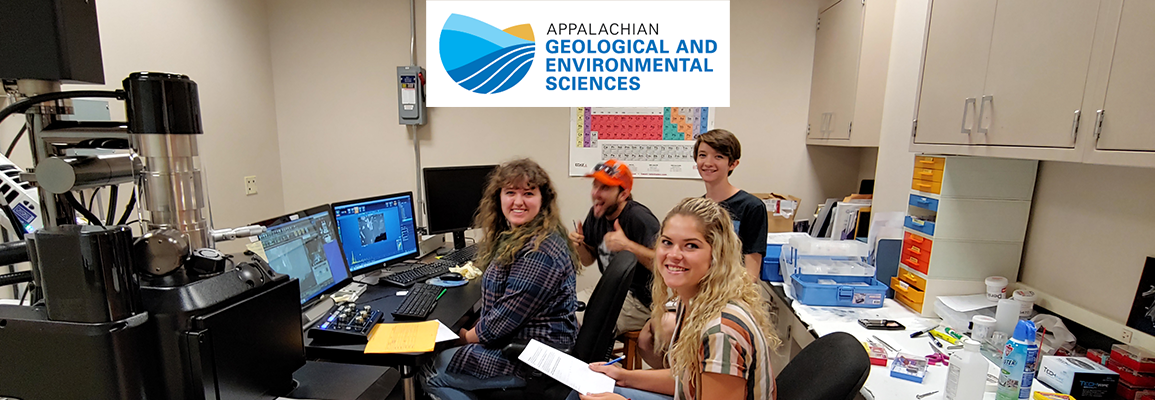What classes or degree concentrations are most useful for finding jobs?
Of course, it depends on what type of job you want to do. Some jobs require advanced degrees, some require teaching licensure or special certifications, some require specific coursework.
Some of our graduates currently employed in industry have said the following:
- Aaron Pruitt '09 (Hydrogeologist) Engineering Geology was probably the most pertinent class for what I'm doing now. Logging to the USCS, water table/potentiometric contouring, pumping tests, slug tests, low-flow sampling, plume mapping, making hydrographs, stream gaging, MODFLOW, etc.
- Anna Ahlstrom '11 (Petroleum Geologist) Prep, Sed Strat, and Structure were the most useful classes for my field.
- Leigh Anne Roble '12 (Hydrogeologist) GIS!!! I use it all the time and wish I had taken it instead of stats, or at least as an extra elective. Hydrogeology, Prep, and Geophysics were the most useful for my position. Especially Prep, because I deal with real people that don't know a lot about monitoring their own water use, and learning to talk to non-geologists or non-hydrologists properly is better for everyone.
In the Geological and Environmental Sciences Department at Appalachian, we have a general BS/BA in Geology degree track in addition to four specialized tracks, and a BS in Environmental Science.
Geology
- Geology (BS) 244A (our most versatile degree track)
- Geology (BA) 244A (same as the BS, but requires foreign language proficiency and declaration of a minor)
Geology with Concentrations
- Geology (BS) - Environmental Geology 259C
The Environmental concentration is designed for students who wish to go directly into the environmental industry with a BS in Geology rather than going on to graduate school. Students take classes in Hydrogeology, Environemental Geology, Geophysics, Aqueous Geochemistry, as well as a number of policy and GIS courses in addition to other physical science and math coursework. Students are encouraged to gain certification in GIS as part of their degree program. - Geology (BS) - Paleontology 259D
This track is designed for students who are interested in going into either academia (in the field of paleontology), the petroleum industry, or for students who are interested in being employed in museum curation and fossil preparation. In addition to the standard Geology and science/math (physics, chemistry, calculus) classes, students also take a number of biology and anthropology courses, as well as statistics and GIS courses. - Geology (BS) - Quantitative Geoscience 259E
This track is designed for students who plan to go to graduate school, particularly in the more quantitative fields (geophysics, hydrogeology, etc.) or go into the environmental industry. In addition to the standard geology coursework, students take a series of more quantitative advanced/computational geology classes as well as additional advanced math courses including Calc III and Differential Equations (most students in this track receive a math minor). - Geology, Secondary Education (BS) 243A[T]
This degree track is a bit different than our other degree tracks, as it trains students to be Highly Qualified (as defined by the regulations set forth by the federal government and No Child Left Behind) to teach both Earth Science and Comprehensive Science in the state of NC. Upon graduation and successful completion of the exit exams, students are dual licensed to teach both Earth Science and Comprehensive Science at the high school level in the state of NC. Secondary Education students take many science classes in geology, physics, chemistry, biology, weather and climate, and astronomy. Once they have completed the requirements and been accepted into the Reich College of Education, they are take upper level education courses and begin their training as student teachers.
Environmental Science
- A B.S. in Environmental Science is for students desiring a broad and interdisciplinary approach to studies in the environmental sciences and capitalizes on the cross-disciplinary expertise available at Appalachian. We are currently revising the curriculum for this track based on industry needs.
